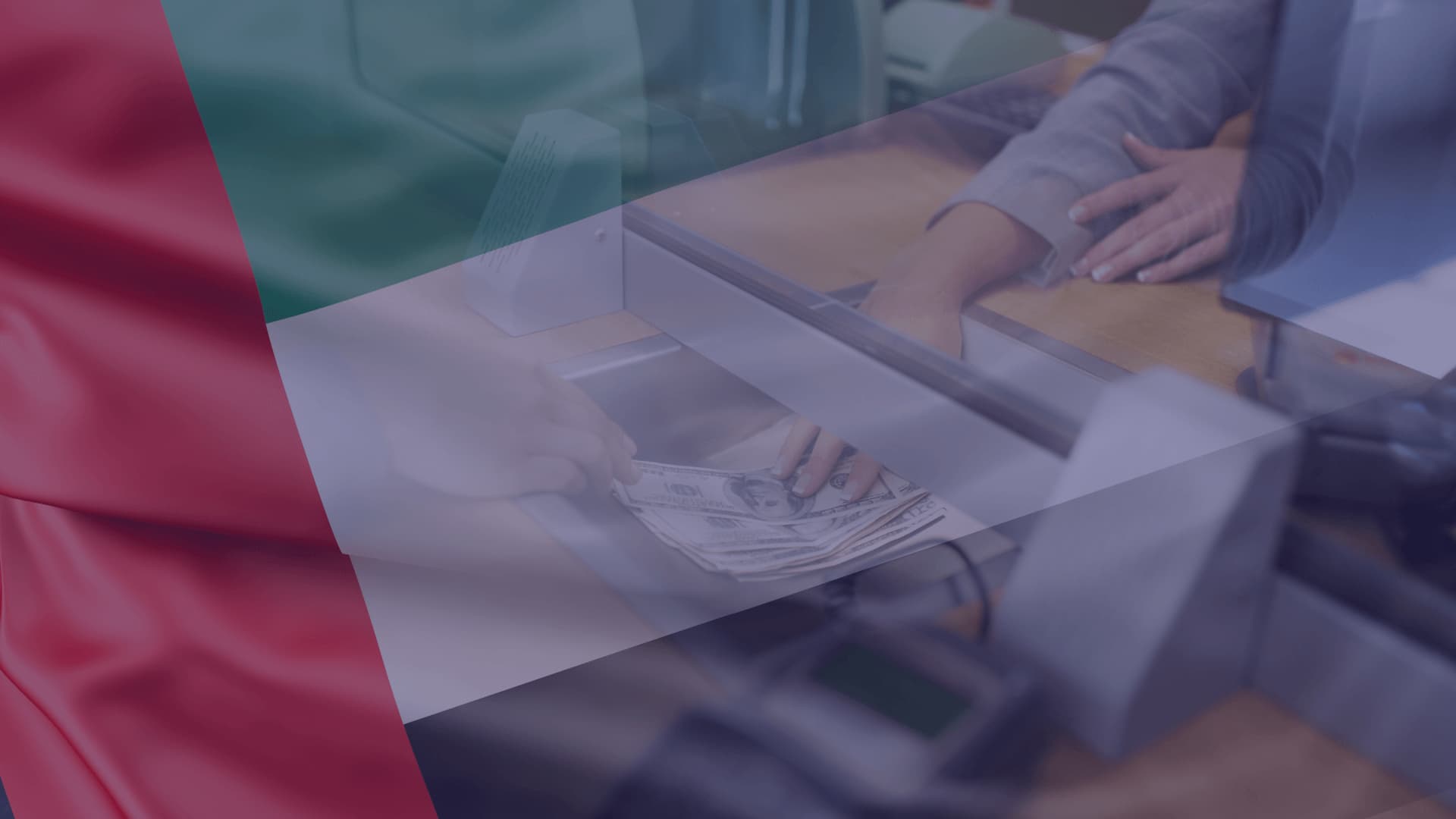
Posted on: 13th October 2015 in Dubai
Many expats choose to keep their British bank account open and send parts of their savings back to the UK, but you still need a local bank account if you live and work in Dubai – to receive a salary and pay the bills. Opening a bank account in Dubai can be an overwhelming task, with substantial amount of paperwork involved. To open a current account you need to be a Dubai resident (while some savings or deposit accounts are also accessible to non-residents). Besides your Residency Visa, you need consent from your employer or sponsor. This takes the form of the “letter of no objection” or “no objection certificate”. Other things to bring to the bank when applying include your passport (original and a copy) and your tenancy agreement or some other proof of address. Interest rates, fees and other conditions vary and it is always wise to shop around and ask your colleagues or friends before choosing a bank. One bank to consider is the one your employer is using. Firstly, you may be able to get your salary a bit quicker. Secondly, some banks offer more favourable terms for group accounts. Current accounts work more or less the same as in the UK and all the communication with your bank, including branch visits, online banking and statements, is in English. Standing orders and direct debits are available, although it is still quite common to pay utilities in cash (by depositing the money at a bank branch). You should also be able to get a debit card with your account. Overdrafts and credit cards are also common, but you may find credit difficult to access when you are new to the country. Your bank may wait to see a few months of history on your account before offering these. Always keep in mind that the issue of unauthorized debt and failure to pay one’s dues are taken very seriously in Dubai. Besides a current account, you may want to consider a savings or deposit account. Interest rates and conditions vary and you don’t need to stick with the bank where you already have a current account, although you can often access a better deal that way. Generally, the higher the amount and the longer the term, the higher the interest rate. Savings and deposit accounts are available in all major currencies, with the US dollar and the British pound being most common.We have 18 offices across the globe and we manage over $2billion for our 20,000+ clients
Get started
Digital Assets: From Fringe to Framework A Responsible View for Internationally Mobile Investors Executive Summary Digital assets have moved from the fringes of finance into mainstream discussion. The arrival of...
Read more
Across the global expatriate market, one product category is showing unprecedented momentum in 2025: Indexed Universal Life (IUL). As client expectations move toward solutions that combine long-term protection, tax-efficient wealth...
Read more
Chancellor Rachel Reeves delivered her second Autumn Budget in dramatic circumstances, after the Office for Budget Responsibility (OBR) accidentally released its full economic outlook online 45 minutes before her speech....
Read more
In today’s world, much of our lives are lived online. From email accounts and social media profiles to digital wallets and online businesses, we’re building a digital legacy—often without realising...
Read more